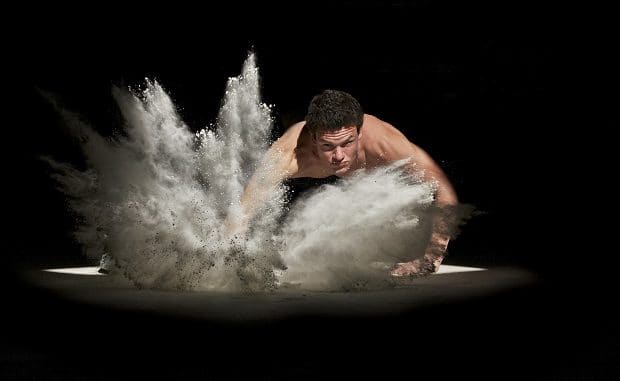
An article in a Sunday paper recently got me quite cross; it said that “masculinity is in crisis.” It talks about a new guide for modern manhood, and how all men should reconnect to their “inner caveman” – ie, hunter gatherers.
Well, that’s certainly one point of view. Another is that the “reconnecting with your inner caveman” is a load of tosh. My male ancestors were hunter gatherers, and I am descended from that stock, but does that make me a hunter gatherer? No, of course not. I’d be useless.
There’s a hierarchy of masculinity that seems to exist. Traditional masculine traits – liking sports, drinking beer, being physically strong, etc – have traditionally been held up as traits for men. If you don’t fit in with those stereotypes, then you’re seen as “less than” a man. This is absurd.
In the newspaper article, the writer suggested that men – in order to reclaim their masculinity – must ensure they should taken part in particular activities on a regular basis;
- Manual labour
- Positive mental health
- Meeting friends regularly in pubs
- Play sport / martial arts
- Sing
- Have sex with a loving, committed partner regularly.
- Socialise with 4+ male friends at once
Those seven things may well appeal to a number of men, and good for them, but are they the only way for men to “claim” their masculinity?
- I’ve never done much manual labour (although I can do basic tasks under strict supervision and step-by-step guidance)
- My mental health is fairly good. I’ve had bouts of anxiety, but recovered from each of them.
- The only pub I visit occasionally (very occasionally) is a micro-pub in Broadstairs, because that’s where Thanet Writers meet every week. But if it met in a house, a cafe or a gallery, I’d also go there; pubs hold no special affinity for me.
- The last time I played any sports of any kind was when I did compulsory PE classes at school, which ceased when I was 16. I’ve never participated again, and have no intention or desire to.
- My voice does not lend itself to singing. It barely lends itself to speaking. More than that, I don’t want to sing.
- I’d rather have a cup of tea and a chocolate digestive.
- Why? Why four at a time? I want to socialise with friends when the time is right, not meet particular numbers of friends because there’s a statistical need. In any case, I have friends of both genders; I’m not going to exclude female friends because they’re the “wrong” gender; that’s trite and ridiculous.
Do my answers make me any less “male”? Of course not; I’m male, therefore I’m masculine in my own way. Masculinity is constructed; we can’t define it by what our male ancestors did back in the mists of time. I wouldn’t last five minutes if I was a hunter gatherer, but I don’t need to be anymore – society’s moved on.
The concept of masculinity always changes; a couple of hundred years ago, upper class men wore wigs to improve their standing and shoes with heels on to … well, improve their standing. Nowadays, you’d get called a lot of different names if you walked down the street in a wig and high heels.
We should be more accepting of individual interpretations of masculinity; it’s a spectrum, not a single point on a bell curve. Masculinity isn’t all about strength, power, and ambition; it’s about being human beings, and however you interpret that. People who judge men on how they look, act, and behave very much need to be re-educated.
I’m a man. I’m male because I’m a man. I define my own level of masculinity just by being me, and so does every other man. For as long as we’re encouraging people to live up to an expectation that doesn’t often exist – and where people want to live up to their own expectations rather than someone else’s – then we as a society are letting down generations of men. We need to allow males to develop their own preferences, tastes, and strengths; from that respect comes confidence and happiness.

